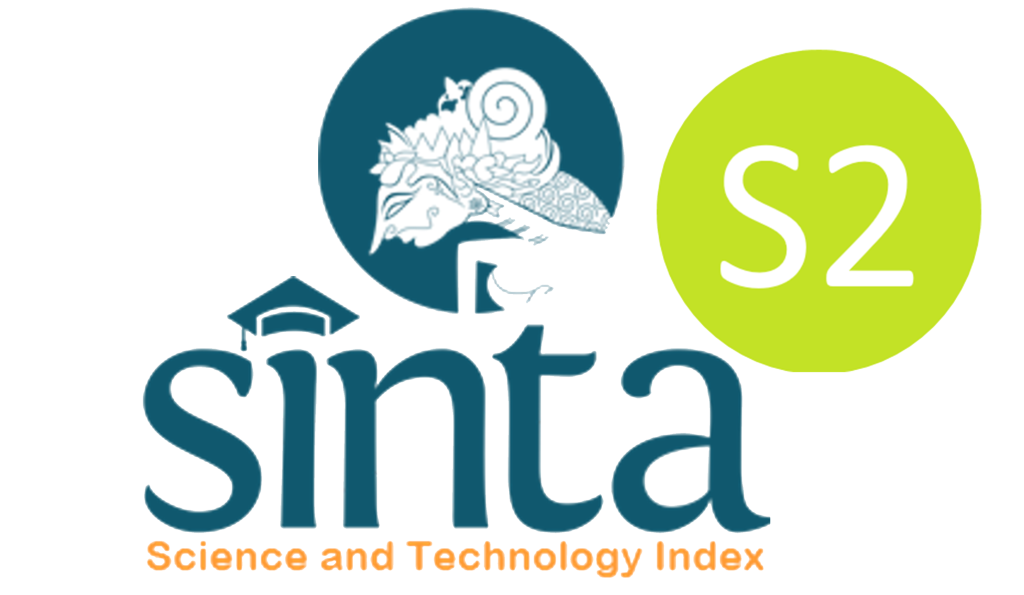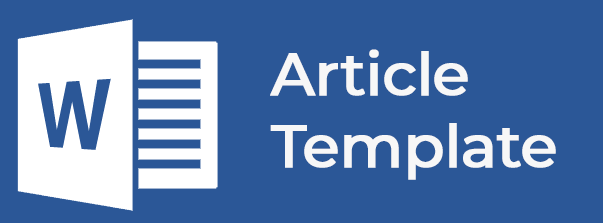COPYRIGHT OF SCIENTIFIC WORKS BASED ON GENERATIVE AI: REGULATORY CHALLENGES OF ACADEMIC ETHICS
DOI:
10.54443/ijerlas.v5i6.4186Published:
2025-09-29Downloads
Abstract
The use of Generative Artificial Intelligence (AI) in scientific writing creates new legal requirements, particularly regarding copyright protection, measures of originality, authorship, and academic integrity. Law No. 28 of 2014 concerning Copyright does not specifically regulate AI-based works, creating a normative gap when faced with the increasingly frequent use of AI-generated content in academic activities.This situation demands an update to the legal regulatory framework to address the dynamic development of AI technology in higher education. A hybrid regulatory approach, combining hard law and soft law, is the ideal framework for addressing these challenges. Hard law is needed as a basis for law enforcement and to ensure copyright protection for scientific works, while soft law plays a crucial role in shaping the behavior of academics through codes of ethics, institutional policies, and internal oversight and disciplinary mechanisms. The collaboration between these two instruments allows for a balance between legal certainty and academic ethical flexibility in regulating the use of AI. International legal practice demonstrates a global trend toward AI governance based on soft governance and self-regulation, without abandoning formal legal sanctions. While policies vary among the United States, the United Kingdom, and Japan, all countries agree in the principle that AI cannot replace humans as responsible creators (human authorship is mandatory). This concept provides an important foundation for Indonesia in formulating national policies that are not merely reactive, but anticipatory and in line with global regulatory developments. This research employs a normative legal research approach in the legal field, constructed on the basis of a study of legal principles, norms, dogmas, or rules, which are then analyzed comprehensively. However, the approach used in this research is normative-progressive, meaning it does not only examine legal dogma statically but also reinterprets existing positive legal norms critically and adaptively to the development of Generative AI technology, which has not yet been fully accommodated in the current Indonesian legal system.
Keywords:
Generative Artificial Intelligence Copyright Regulatory AIReferences
Legislation (National Primary Legal Material)
• Law of the Republic of Indonesia Number 28 of 2014 concerning Copyright.
• Law of the Republic of Indonesia Number 20 of 2003 concerning the National Education System.
• Law of the Republic of Indonesia Number 12 of 2012 concerning Higher Education.
• Regulation of the Minister of Education, Culture, Research, and Technology Number 53 of 2023 concerning Quality Assurance of Higher Education.
• Directorate of Learning and Student Affairs, Ministry of Education, Culture, Research and Technology, Guidebook for the Use of Generative AI in Learning in Higher Education (2024).
International Regulations and Documents (Primary International Legal Materials)
• European Union, Regulation (EU) 2024/1689 of the European Parliament and of the Council of 13 March 2024 laying down harmonized rules on Artificial Intelligence (AI Act), Official Journal of the European Union, L 134/1, 13 May 2024.
• United States Copyright Act (Title 17 US Code §§ 101–102).
• US Copyright Office (2023), Policy on Registration of Works Containing Material Generated by Artificial Intelligence.
• Copyright, Designs and Patents Act 1988 (United Kingdom).
• Japanese Copyright Law (AI-generated works and public domain provisions).
• World Intellectual Property Organization (WIPO), Issues Paper on Intellectual Property Policy and Artificial Intelligence (2020).
• UNESCO, Recommendations on the Ethics of Artificial Intelligence (2021).
National Scientific Journals and Articles
• Ramli, AM (2023). Artificial Intelligence and the Challenges of Copyright Protection in Indonesia. Journal of Law and Technology.
• Rahardjo, S. (2022). Legal Science in the Digital Era. Progressive Law Journal.
• Sari, D. (2023). Academic Plagiarism and the Ethics of Student Scientific Writing in the Digital Era. Journal of Education and Culture.
• Kurniawan, D. (2024). An Ethical Analysis of the Use of Generative AI in Higher Education. Journal of Educational Ethics.
International Scientific Journals and Articles
• Obianyo, C.I. (2025). Legal Challenges of Artificial Intelligence as a Creator in Patent and Copyright Law. NAU Journal of Private and Property Law, 5(1).https://journals.unizik.edu.ng/naujppl/article/download/5916/4913
• Koolen, C. & La Diega, G. N. (2024). Copyright, Education, and Generative AI: Getting with the Program?.https://lirias.kuleuven.be/retrieve/782329
• Zain, A., Kareem, A.N., & Kazar, O. (2024). The Legislative Gap for Copyright in the Era of Generative AI.https://sdgsreview.org/lifestylejournal/article/download/6057/2807
• Soto, Ó. DV (2022). Artificial Intelligence and the Collapse of Copyright Authorship. Queen Mary Journal of Intellectual Property.
• Gervais, D.J. (2020). The Machine as Author. Iowa Law Review, 105, 2053–2093.
• Kim, S. J. (2021). Authorship and Originality in the Age of AI. Journal of Intellectual Property Law.
• Kim, S. J. (2024). Research Ethics and Issues Regarding the Use of ChatGPT-like AI Platforms. Science Editing, 11(2), 96–106.
• Roberts, L. (2024). Addressing the Novel Implications of Generative AI in Medical Education. Academic Medicine.
• Liebrenz, M., et al. (2023). Generating Scholarly Content with ChatGPT: Ethical Challenges for Medical Publishing. The Lancet Digital Health, 5(3), e105–e106.
• Brian Z. Tamanaha (2001), A General Jurisprudence of Law and Society, New York: Oxford University Press.
• Peter Cane & Mark Tushnet (eds.) (2003), The Oxford Handbook of Legal Studies, Oxford: Oxford University Press.
Institutional Documents & Academic Ethics Guidelines (National)
• University of Indonesia. Academic Ethics Guidelines.
• Parahyangan Catholic University. Postgraduate Scientific Paper Writing Guide.
• Padjadjaran University, Rector's Regulation Number 8 of 2025 concerning the use of generative artificial intelligence in learning activities within the Padjadjaran University environment (2025)
• Directorate General of Higher Education. Academic Quality Assurance Guidelines (2023).
• Ministry of Education, Culture, Research, and Technology of the Republic of Indonesia. Guidelines for the Use of Generative AI in Higher Education (2024).
International Institutional Documents (Soft Law of Foreign Universities)
• Russell Group (2024). Principles on the Ethical Use of Generative AI in Higher Education.
• University of Oxford (2024–2025). Oxford Guide to Artificial Intelligence Use in Academic Practice.
• University of Cambridge (2023). Responsible Use of AI Tools in Academic Work.
• Harvard University, MIT, Stanford (2023–2024). Institutional Guidelines on AI and Academic Integrity.
Popular References / Views of Practical Figures (Supporters)
• Kompas Article (2023): Controversy over AI as a New Species and Court Decisions.https://www.kompas.com/konsultasihukum/read/2023/12/27/071155080/kontroversi-ai-spesies-baru-mahluk-hidup-dan-putusan-pengadilan?page=all•Dr. Tasya Safiranita Ramli, Various Publications on AI & Copyright:
• Artificial Intelligence as object of intellectual property in Indonesian lawhttps://onlinelibrary.wiley.com/doi/10.1111/jwip.12264
• The use of personal data as a means of artificial intelligence training: a comparative study of privacy rights protection in Indonesia and the European Union.https://ejournal.cahayailmubangsa.institute/index.php/causa/article/view/148
License
Copyright (c) 2025 Gian Prima Natawijaya

This work is licensed under a Creative Commons Attribution 4.0 International License.









